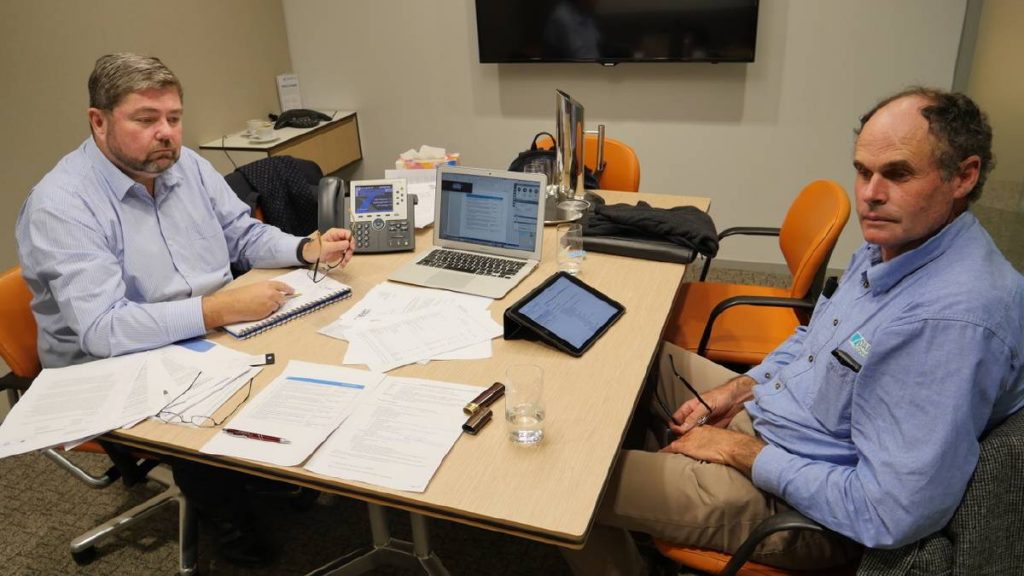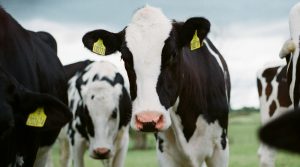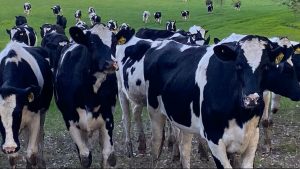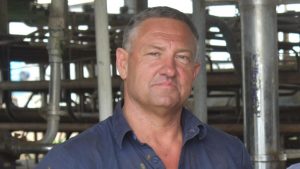
The code provides the Australian Competition and Consumer Commission with regulatory oversight of milk supply agreements, being negotiated in good faith between dairy farmers and processors.
Dairy Connect Farmer Group president and Gloucester dairy farmer Graham Forbes said that the initiative was a positive step and should be applauded.
“While the code was not intended to be a panacea for the systemic challenges that continue to confront the Australian dairy industry, its primary purpose was designed to restore ‘trust, openness and transparency’ between dairy farmers and their processors,” Mr Forbes said.
“As we indicate in our comments to the review, the Dairy Code illustrates the positive relationship between dairy farmers and their processors.”
Dairy Connect chief executive officer Shaughn Morgan said that there remains a number of matters which had not been included in the current code.
“These included the extension of the Dairy Code’s protection to dairy farmer collective bargaining groups; embedding the provision of mediation and binding arbitration through an independent expert body; publication of minimum prices and milk supply agreements in one central location via, for instance, a dedicated website; and the extension of the Dairy Code to include supermarkets within the dairy value-chain (not just with dairy farmers whom retailers contract directly),” Mr Morgan said.
“Many of the improvements to the Dairy Code suggested by Dairy Connect are currently available through other industry codes and should therefore be implemented by the Federal Government to provide the same protections to dairy farmers.
“An example is enhancing the dispute resolution process to include binding arbitration, reducing the need for costly court action and making the parties more responsive to a ‘win/win’ solution.”
























